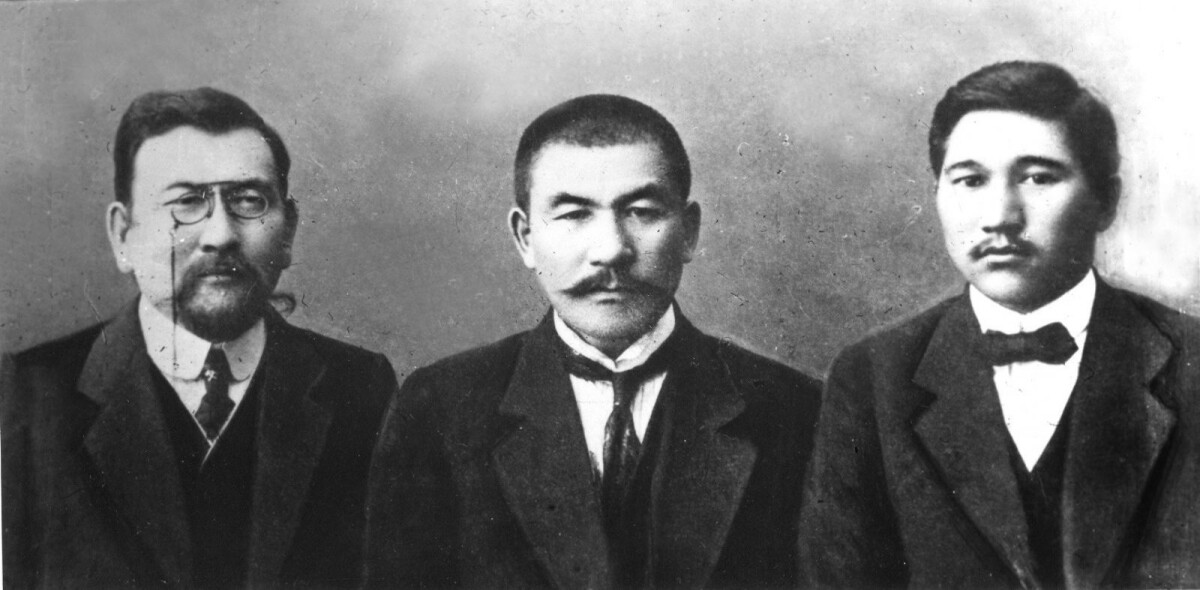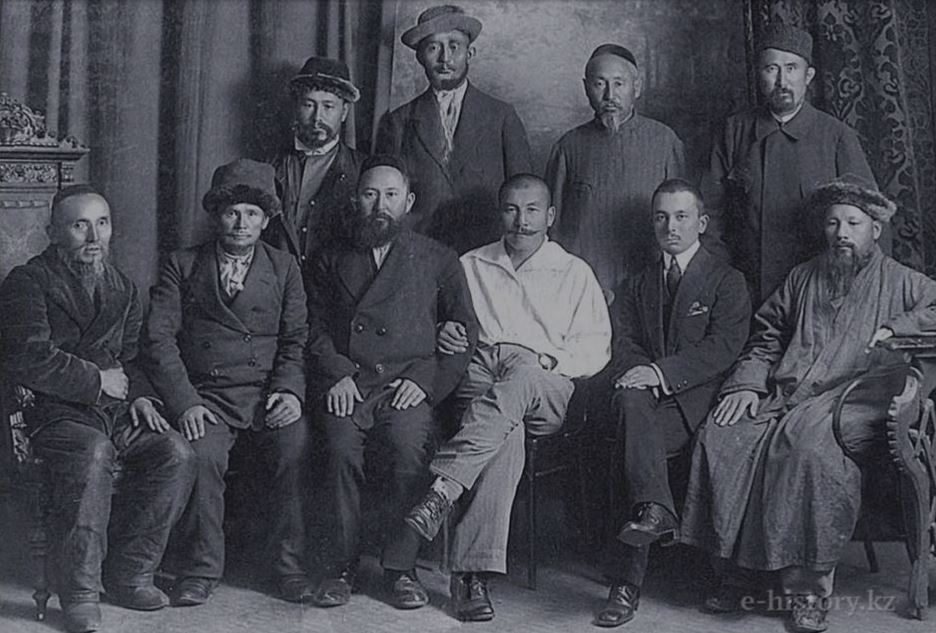
In honor of the 100th anniversary of the All-Kyrgyz Congress held in Orenburg in July 1917, we asked several questions to a specialist in the Alash Movement, to the author of several scientific monographs on the history of Alash, Professor of the Institute of Russian History of the Russian Academy of Sciences, Dina Akhmetzhanovna Amanzholova. It is worth noting that the famous scientist appeared on the pages of our portal with her position on the assessment of the February Revolution of 1917.
- As you know, before the event in Orenburg in Western Kazakhstan, several large congresses of the Kazakh aristocracy and intelligentsia have already been held. Why do you think it was the Orenburg Congress that became key-note in formation the Alash movement?

- After the fall of the monarchy throughout the country, including in the territory of modern Kazakhstan, public activity developed rapidly, many organizations emerged - public executive committees, councils (workers, peasants, soldiers, Cossacks), Kazakh and other national committees. Within them and between them, different coalitions and alliances were formed, mainly on the basis of party priorities, seeking ways of self-organization and new state building. The interests of establishing democracy in the socio-political sphere dominated, and from the point of view of the state future in the multicultural regions, of which there was a majority, - the federal republic of Russia. In the same direction the movement of the main part of the Kazakh democrats developed, which is quite natural. By the summer there were various organizational forums, including regional Kazakh congresses. Alikhan Bukeikhanov gained additional experience as a commissar of the Provisional Government, the most active figures in Alash began to understand the main orientations of all-Russian parties and movements, including Muslim ones, as well as regional ones. In addition, the party organizations of all directions in the territory of Kazakhstan were small or only created on the ground, and there were not so many Kazakhs. Collectively, all the accumulated experience prompted the need to focus on ethno-political problems, without dissipating the power of participation in all-Russian structures, including Muslim ones.
- What is the history of the congress? Why did its activity fall precisely on these days and in Orenburg? What factors influenced it?
- The July General Congress must be regarded as a definite, important and logical stage in the development of democratic initiatives and self-organization of the Kazakh public of the first half of 1917. By this time, it became clear which problems are key-note and can consolidate all regions of Kazakhstan around the common program. At the same time, it was the experience that preceded the organization, because the party as a political structure was the most optimal form of gathering reformist or revolutionary representatives of the society experienced by Western and Russian experience. In addition, the most prominent activists of Alash before participated in different parties. The political toolkit as a whole for all who joined the struggle for power was similar, and the party was the most important of them so far.
- In the archives of the Russian State Historical Archive (file 1291), the protocols and resolutions of the Kirghiz and other foreign and Muslim congresses of 1917 are kept. They are printed in Cyrillic and not on the Arabic script. There is no doubt about the translation and the probability of distortion of the text. Are there other copies of the protocols of the congresses?
- I do not think that when translating it was profitable for someone to distort the essence of decisions, and any reader could interpret their meaning in their own way. On the contrary, for the Ministry of Internal Affairs and other authorities that dealt with the regions, it was extremely important to understand what was happening there. Suspecting interpreters or officials in distortion means being in captivity of all possible variants of conspiracy theory and a priori accusing all of some kind of initially hostile attitude towards something and someone. If the government was so concerned with the regions and their population, it would not attract local, including national cadres, the same Bukeikhanov. In this case, it is possible to suspect distrust and hostility towards the center of already local figures, including national figures. But Bukeikhanov, well aware of many members of the Provisional Government, believed in his determination to make the necessary changes, and all the Kazakh congresses welcomed the new government.
- How did the local authorities react to this event?
- We must understand that there was a lot of power in the localities, power was in a dispersed state, there was a struggle between different forces for autocracy, different alliances arose, and the coalition structure could change quite quickly. In this regard, all the "players" had to be reckoned with and considered with every significant partner on the political scene of each region. During the elections to local authorities and their creation, in the elections to the Constituent Assembly, everyone was looking for the most suitable allies, including Alash - Siberian provinces in the first place, Turkestan, Cossacks, Socialist-Revolutionaries, Trudoviks and others. It is necessary to consider in detail the situation in each region and every major city.
- Have any new data on the Congress appeared?
- In my opinion, historians (those scientists who are engaged in professional research, and very few of them) need to focus not so much on specific details as on an attempt to understand, taking into account a broader context - all complex dynamics of revolutionary processes in the territory of not only Kazakhstan, but and neighboring regions, taking into account the dominants of political development.
- Thank you for the interview, modern historical science does not stand still; we will wait for new discoveries.
Translated by Raushan MAKHMETZHANOVA


